From Syrian Refugee to Two-Time Olympian
Yusra Mardini survived the unthinkable while fleeing her war-torn country. Then her dream of swimming in the Olympics came true.
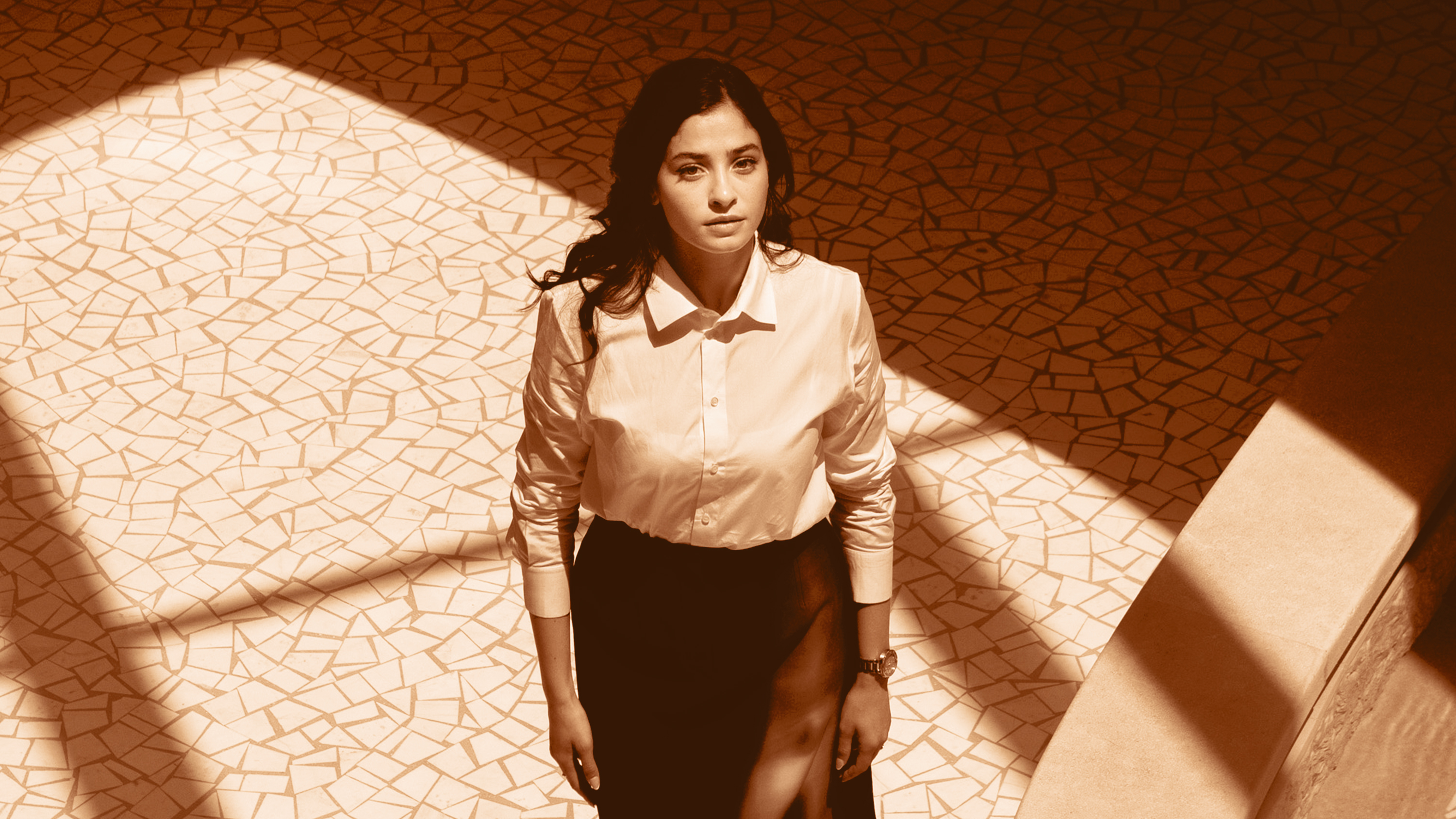
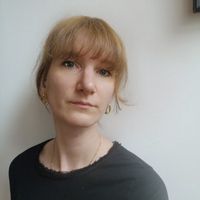
Yusra Mardini is an inspiration. At only 17 years old, she fled her war-torn home country of Syria with her sister, both swimmers training at the highest level. As the small boat she was on with 18 other refugees broke down in the middle of the Mediterranean, Mardini and her sister jumped in the water and pulled the boat to safety. After reaching European shores and finding her final refuge in Germany, she went back to training and ended up participating in the Rio and Tokyo Olympics. Her story was even turned into a Netflix movie, "The Swimmers" and Mardini and her sister were among Time Magazine’s list of The 100 Most Influential People in 2023. Here, she shares her experience with Marie Claire.
Marie Claire: What was the final straw that made you decide to flee your country?
Yusra Mardini: To be honest with you, there was not like one specific event. It just wasn’t safe to live in Syria. We lost our home, two years into the war, and started renting apartments, which became very expensive, and we had to move every three months. My father left to be a swim coach in Jordan where the pay would be better. The Olympic pool I was training in was also targeted all the time because it was seen as a military base. One time I had to hide under my desk in the school. It just wasn’t safe. The bombs would fall randomly. Like, you’d be walking and then a bomb would just fall and you would just stand to the side, wait for everything to quiet down, and keep on walking like nothing even happened. It became so normal, which is horrible. One day, my sister and I were just talking in our shared bedroom and we just decided, it’s time to leave. We found someone our parents could trust, my dad’s cousin, and they let us go.
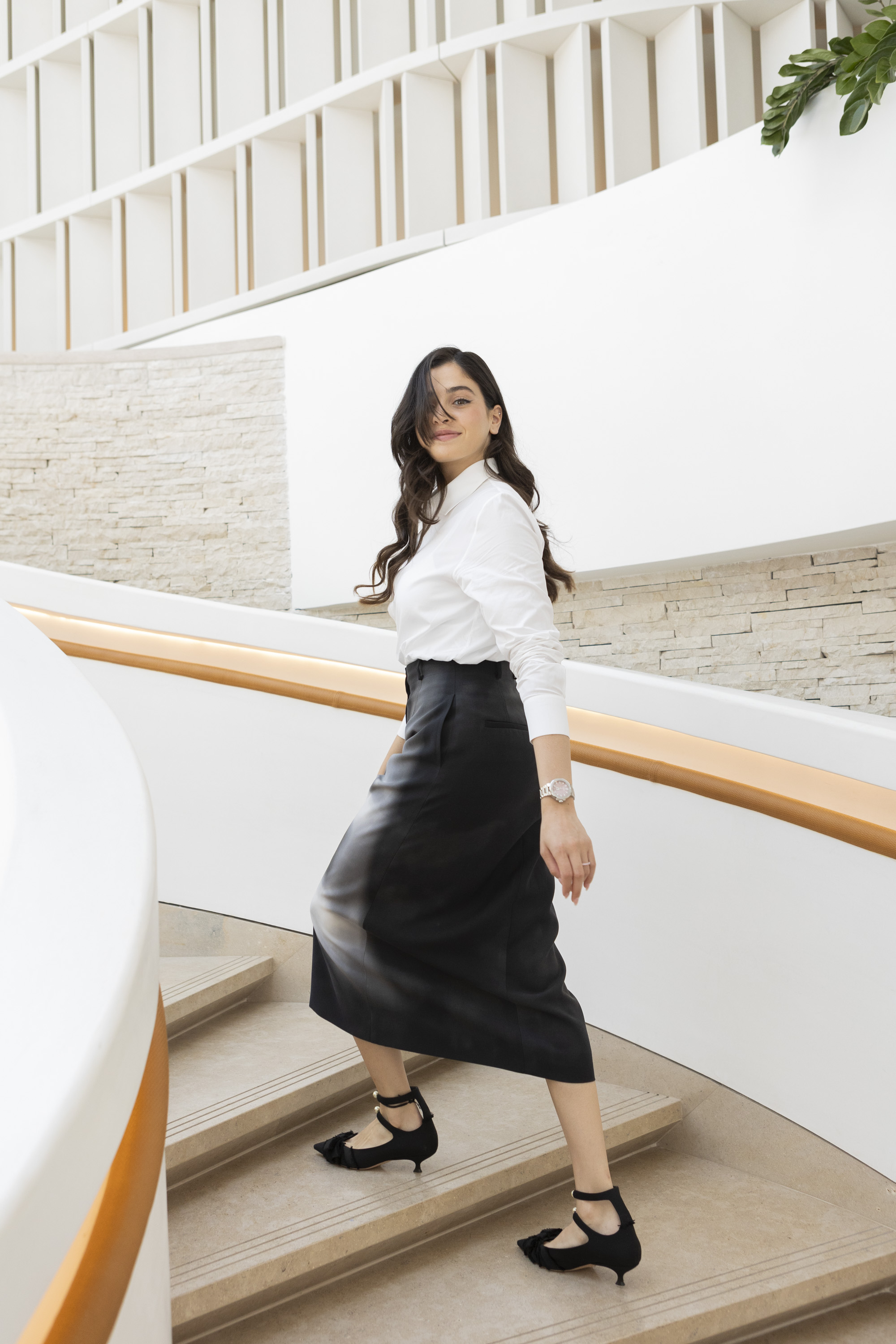
MC: What is the thing that you remember most from your journey as a refugee?
YM: Probably the fact that we were looked at as criminals. Unfortunately a lot of people were scared of us; didn’t believe that the money we were holding was real—as if being a refugee means you have nothing. I was also always scared when we had to put our trust in smugglers because of all the stories about trafficking. That was terrifying, as was being separated from my sister for part of the journey. As long as I was with her, I felt safe. But in the end, we trusted, and we wanted to help, and it turned out all right. You know, there’s always good and bad in the world, no matter where you are, no matter who you are. I met so many incredible people. For example, Hungary was one of the worst points for us as refugees, but even there some people were trying to help us. When I got to Greece, I remember trying to buy something at a restaurant and they didn’t want to serve us. And there was a young girl who just came and gave me shoes, and gave a little boy a hoodie, and took us to her home to drink water. There’s always good, wherever you go.
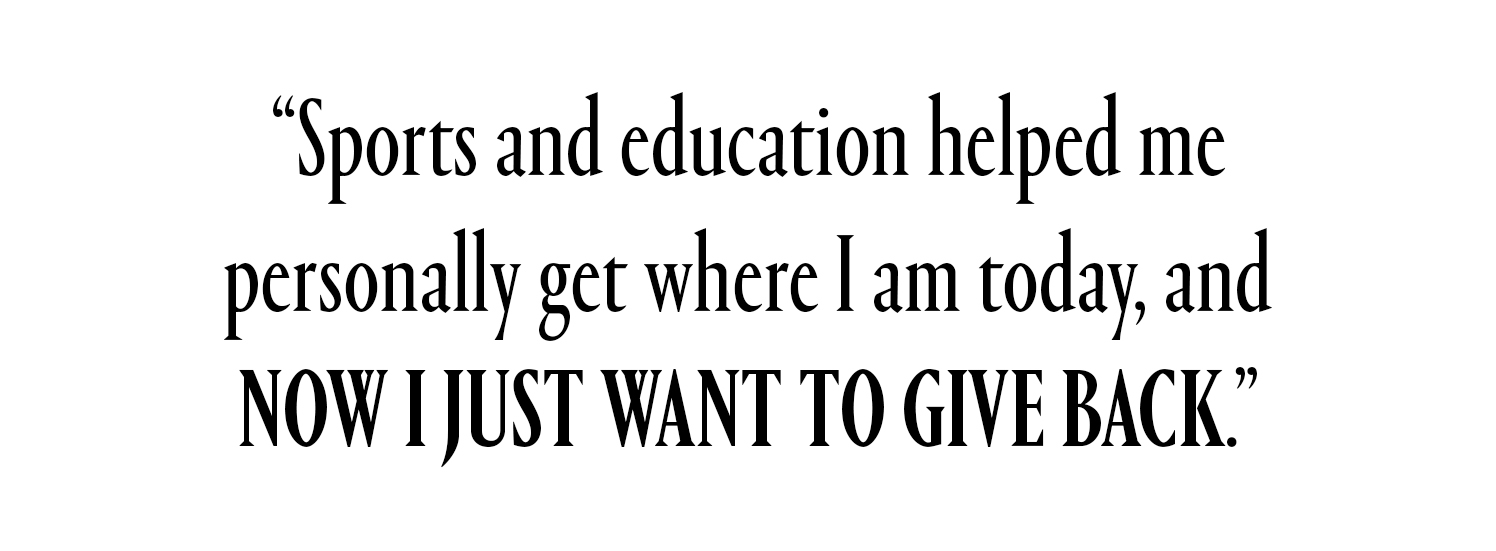
MC: And now you’re trying to do good in the world. Tell us about your foundation.
YM: It was launched June 20, last year’s World Refugee Day, and it focuses on helping refugees worldwide through education and sports. Sports and education helped me personally get where I am today, and now I just want to give back. I feel like I have the power to offer the same opportunity to young refugees around the world.
I recently just came back from Kenya, where I saw so many incredible programs that are teaching some refugees in the camp how to become directors and producers and football and basketball players. It was just incredible to see that even in these really, really hard circumstances, they are still trying to pursue their dreams through education and sports.
So my goal is to give as many refugees around the world the possibility to pursue their dreams. We now have programs in Kenya, France, and Greece.
Get exclusive access to fashion and beauty trends, hot-off-the-press celebrity news, and more.
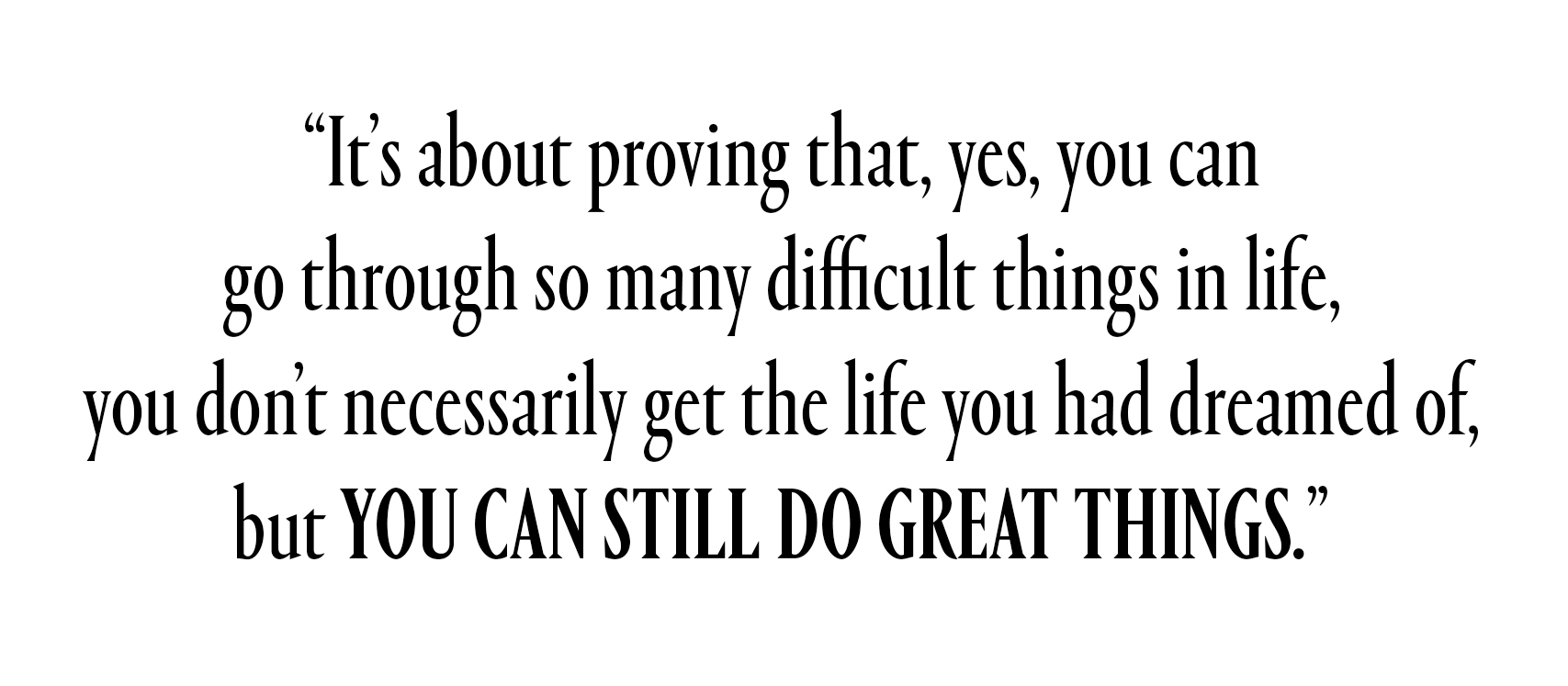
MC: Speaking of sports, tell us about competing in the Olympics with the Refugee team?
YM: The team came together when the International Olympic Committee and the UNHCR, the UN Refugee Agency, came together and decided that there should be a team because there were many athletes reaching out that had no team, professional athletes who, because of war and displacement, didn’t have a passport. I was one of the 10 members of this first team for the Rio Olympics. I was 18 at the time, and I’m still in touch with a lot of the athletes. In the beginning, it was hard for me. I didn’t want to be called a refugee.
Of course, I understood that I was one, but I didn’t want to be known worldwide for it. It took me a while to be okay with that. But in the end, I understood that a lot of people would be looking up to us, a lot refugees would be watching from refugee camps. We realized that our responsibility was way bigger than any of the other athletes.
When I entered the stadium for the opening ceremony, I felt: It’s not just your dream anymore. It’s about changing something. It’s about proving that, yes, you can go through so many difficult things in life, you don’t necessarily get the life you had dreamed of, but you can still do great things. For Tokyo, I had qualified to be in the Syrian team, but I decided to stay with the refugee team.
MC: And what message do you want to share now?
YM: For young people, I just want them to understand that even if we imagine that our life will go a certain way, it doesn’t always turn out like that. We have to be flexible, and we have to step back, not give up, and try again tomorrow, or try something different. For the rest of the world, never forget the humanity of refugees. And for sports fans, support the refugee team and follow my commentary on Eurosport this summer.
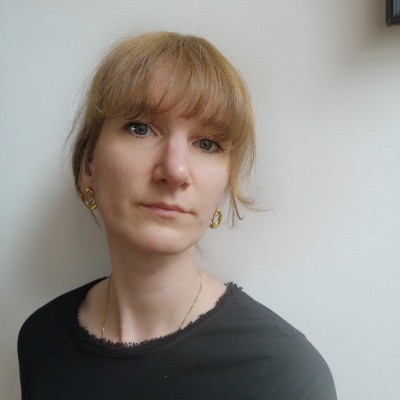
Galia Loupan is the chief content officer of Marie Claire International, working on brand identity and coordinating content collaboration across Marie Claire editions around the world, including France, the UK, Russia, China, Australia, Argentina, and Turkey, among other countries. She is based in France.
